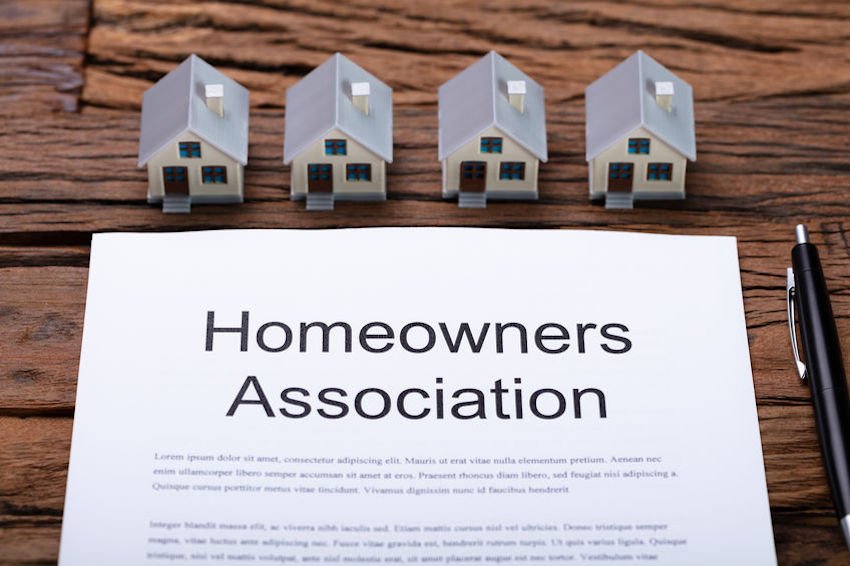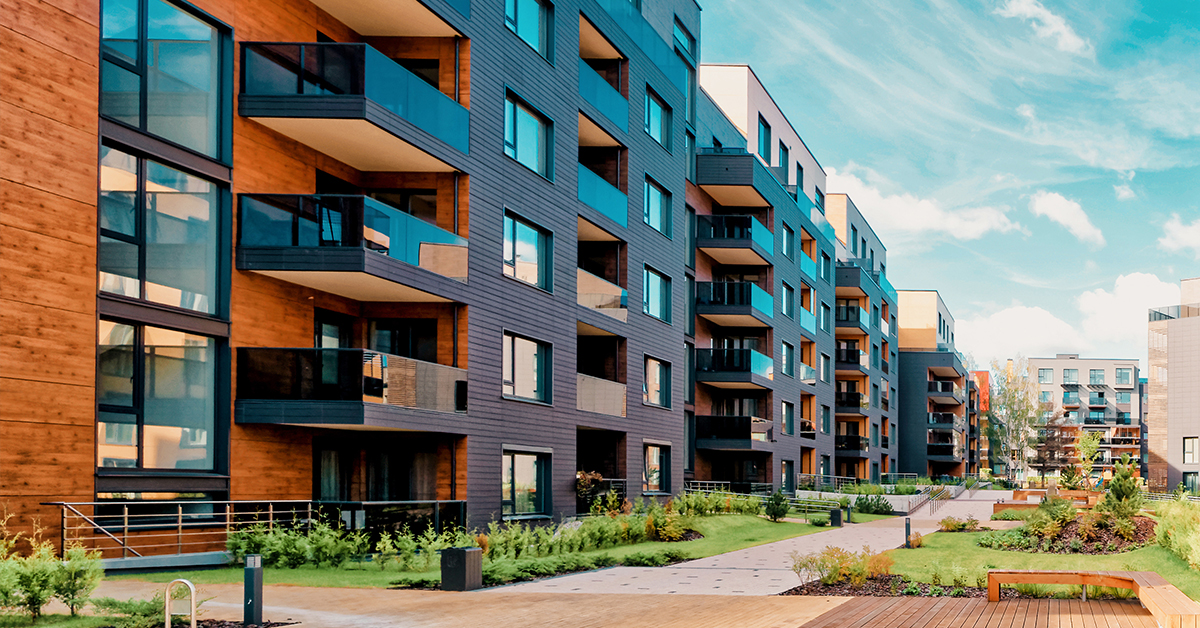The Ultimate Contrast: HOA Condo vs. Standard Home
Wiki Article
The Function of an HOA in Developing and Enforcing Neighborhood Standards for Citizens
The duty of a Homeowners Organization (HOA) in enforcing and developing community standards is basic to maintaining a natural and organized household atmosphere. By creating clear policies that regulate elements such as building upkeep and area conduct, the HOA not only establishes requirements for citizens however also cultivates a feeling of belonging and accountability.Recognizing Homeowners Organizations
Homeowners associations (HOAs) serve as regulating bodies for household communities, playing a vital function in preserving residential or commercial property worths and fostering a sense of community. Generally developed by developers, HOAs are composed of property owners within an assigned area that choose a board to oversee the association's tasks. The main functions of an HOA include applying neighborhood regulations, handling common locations, and organizing area occasions.HOAs operate under a set of controling records, consisting of covenants, constraints, and conditions (CC&R s), which outline the legal rights and obligations of house owners. These policies intend to guarantee that buildings are maintained to a certain criterion, therefore securing the visual allure and overall worth of the neighborhood. Additionally, HOAs commonly gather fees from homeowners to money maintenance, landscaping, and other social work.
The visibility of an HOA can dramatically influence the living experience within a neighborhood (hoa condo). While some residents value the organized setting and facilities offered, others may locate particular laws restrictive. Balancing the rate of interests of all house owners is vital for an HOA to function effectively, ensuring that it serves its intended function of enhancing community living while valuing private homeowner civil liberties
Establishing Neighborhood Guidelines

To begin, an HOA must perform studies or convene that enable citizens to articulate their worries and tips. This participatory process promotes a sense of possession and increases compliance. Next, the HOA board should evaluate the feedback to recognize typical styles and priorities that warrant official incorporation in the guidelines.
It is additionally important to make certain that the standards are clear, concise, and conveniently comprehended. Obscurities can lead to disputes and misconceptions, threatening the function of the guidelines. The guidelines should be detailed, covering numerous elements of neighborhood living, consisting of home maintenance, noise levels, and usage of usual locations.
Enforcement of Guidelines
Reliable enforcement of community guidelines is critical for maintaining order and making sure that all citizens follow the established guidelines. An HOA has to implement an organized strategy to implement these laws, which commonly entails a mix of tracking, communication, and fines for non-compliance.First, normal assessments and neighborhood patrols can assist determine violations, making sure that policies are constantly used throughout the neighborhood. This aggressive monitoring permits the HOA to attend to issues before they escalate, fostering a feeling of liability amongst citizens.
2nd, clear interaction is essential. Locals must be notified of the policies and the treatments for reporting offenses. An open line of communication encourages residents to voice worries and look for information on guidelines, browse around this site which can improve compliance.
Last but not least, when offenses happen, the HOA must impose effects as laid out in the controling records. By effectively implementing rules, an HOA can cultivate a harmonious living environment that shows the collective values of its homeowners.
Advantages of HOA Rules
Various advantages develop from the implementation of HOA laws, which offer to improve the high quality of life within a community. One primary advantage is the maintenance of property worths. By imposing requirements for looks and maintenance, HOAs make sure that homes and usual areas continue to be appealing, promoting a preferable living atmosphere that can lead to enhanced residential property values gradually.In addition, HOA laws promote consistency and uniformity within the area. This coherence in layout and upkeep helps to produce a sense of belonging among homeowners, adding to community satisfaction and a favorable ambience. Developed guidelines help with dispute resolution among next-door neighbors by supplying clear expectations and methods for actions, thus lessening disputes.
One more substantial advantage is the stipulation of common amenities and solutions. Numerous HOAs handle area centers such as parks, swimming pools, and clubs, which improve recreational opportunities for locals. These services not only enhance the high quality of life yet additionally encourage social interaction.
Ultimately, the regulations established forth by an HOA cultivate a well-organized, harmonious neighborhood, ensuring that citizens enjoy a high requirement of living while promoting a helpful environment for all homeowners.
Usual Challenges Faced by HOAs
Amidst the benefits that homeowners organizations (HOAs) can supply, they also encounter a selection of challenges that can prevent their effectiveness. Several homeowners might not participate in meetings or community tasks, leading to a detach in between the HOA board and locals.Disputes can occur when citizens feel that enforcement is irregular or prejudiced, potentially leading to disputes within the community. In addition, HOAs usually encounter monetary restrictions, which can restrict their ability to maintain common locations or fund community projects.
Moreover, navigating legal complexities can be discouraging for HOAs. Developing and transforming demographics area needs need HOAs to adapt their standards, usually fulfilling resistance from long-lasting locals that are accustomed to traditional norms.
Verdict

By formulating clear guidelines that regulate aspects such as property maintenance and area conduct, the HOA not just sets standards for citizens however also cultivates a sense of belonging and dig this responsibility.Homeowners organizations (HOAs) serve as governing bodies for property areas, playing a critical duty in keeping property worths and cultivating a feeling of community. Many home owners may not get involved in conferences or neighborhood activities, leading to a detach in between the HOA board and locals. Advancing and transforming demographics neighborhood needs require HOAs to adjust their guidelines, typically meeting resistance from long-standing locals that are accustomed to standard standards. Via the development of clear guidelines and constant enforcement, HOAs promote home maintenance, community pride, and trust fund among residents.
Report this wiki page